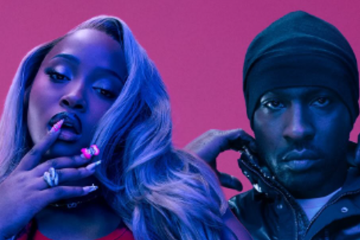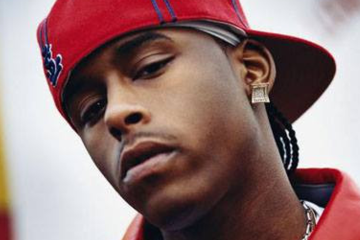
New Book Exposes Spotify's 'Ghost Artists' and Their Impact on Music Playlists
Spotify's "ghost artists" phenomenon is receiving extensive coverage in an upcoming book titled "Mood Machine: The Rise of Spotify and the Costs of the Perfect Playlist," set to release on January 7th.

Black and white guitarist performing
Author Liz Pelly conducted a year-long investigation, uncovering Spotify's "Perfect Fit Content" (PFC) program - an internal system where the platform partners with production companies to create and distribute low-cost music through first-party playlists.
Key findings from the investigation include:
- Spotify works with at least a dozen PFC providers, not just the previously known Firefly Entertainment and Epidemic Sound
- The company employs dedicated teams to seed these tracks across platform playlists
- Internal documents and ex-employee interviews reveal systematic playlist manipulation
- Swedish artist Johan Röhr allegedly created music for over 650 artist profiles, generating 15 billion streams
Recent developments surrounding fake artists include:
- A $10 million royalty heist indictment in the US
- Danish trial regarding alleged fake stream operations
- Swedish media investigations revealing gang involvement in stream manipulation
The impact on legitimate artists is significant:
- Diversion of royalties from real musicians
- Reduced promotional opportunities
- Competition for valuable playlist positions
- Further dilution of already low per-stream payouts
While Spotify claims it doesn't "promise placement on any playlists" in licensing agreements, the UK's CMA investigation found that major labels' contracts include guaranteed playlist share requirements.
Looking ahead, artificial intelligence is expected to take over ghost artist production, potentially creating additional challenges for independent and unsigned artists who are already struggling under Spotify's new royalty model.

Musicians performing in neon lighting

Man in red cap, recording studio